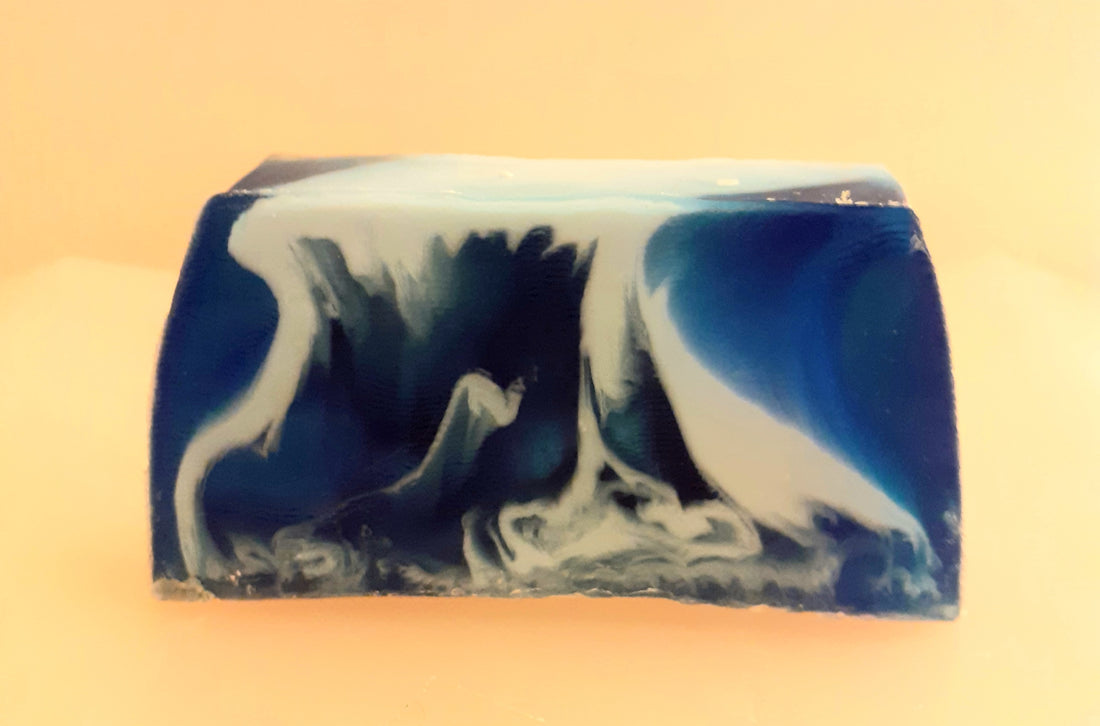
What is meant by glycerin soaps?
shares
Glycerin soaps:
Glycerin soaps have been known for 200 years.
Vegetable glycerine soaps are transparent and look extremely elegant. The transparency is based on the same chemical-physical effect that also makes the glass transparent, because glycerin soaps are actually soaps that have remained in the molten state.
vegetable Glycerin soaps must be made from very pure raw materials. There are oils and fats that create more transparency than others. Castor oil has the best transparency properties.
After making a base soap, it is dissolved (dissolved) by adding various alcohols such as glycerine (large quantities of vegetable glycerine are now produced from rapeseed as a by-product of biodiesel production ), ethyl alcohol, sorbitol (sugar substitute ) etc.
A sugar solution is then added to stabilize the transparency.
vegetable glycerin =
-
transparent liquid which can bind water well
-
Very moisturizing
-
Good carrying capacity of fragrances
-
Considered to be an excellently tolerated substance
-
Perfect protection for the skin barrier
-
Does not act as an allergen and is therefore well tolerated by most
Glycerin (= trivalent alcohol ) is present in all natural fats and oils (chemically bound as fatty acid esters = triglycerides/E422).
Industrially manufactured glycerin soaps are often made from animal fats and tallow. Glycerine from natural sources has increased significantly since 2000, and it is now produced almost exclusively from renewable raw materials. (By-product of biodiesel production from rapeseed).